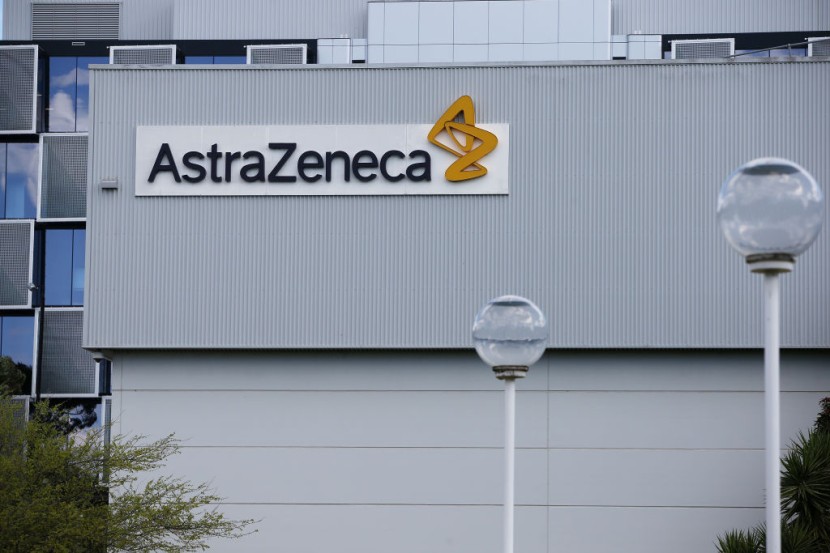
The European Union (EU) did not renew its contract with pharmaceutical company AstraZeneca for its COVID-19 vaccine. This is following the bloc's accusation against it last month of failing to deliver on its initial agreement.
According to European Internal Market Commissioner Thierry Breton, they did not renew the order following June, and they will "see what happens."
No Renewal of AstraZeneca Vaccines by EU
The commissioner also stated he expected the costs of the EU's latest order for more shots of Pfizer-BioNTech vaccines would be higher than the previous versions. Last month, he launched legal action against AstraZeneca for not respecting its contract to supply novel coronavirus vaccines and not have a dependable plan to assure timely deliveries.
Breton added AstraZeneca is a "very good vaccine." He affirmed the bloc was not closing its doors from the British-Swedish company, reported DW.
Concerns have increased on probable side effects of the Anglo-Swedish coronavirus vaccine. According to Europe's medicines regulator on Friday, it evaluates reports of a rare nerve-degenerating disorder in individuals who have been administered the doses. This move comes after it found that the vaccine could have caused sporadic blood clotting cases, reported RTE.
The EU declaration arrives one day following its cementing of support for Pfizer-BioNTech's vaccine by agreeing to a large contract extension for a potential 1.8 billion shots through 2023. The AstraZeneca vaccine had been at the center of Europe's vaccination campaign and a linchpin in the worldwide strategy to disseminate vaccines to poorer countries.
This is because it is cheaper and more convenient to use than the Pfizer vaccine. However, the slow pace of deliveries has frustrated the Europeans, and they have held the company accountable for partly delaying their vaccine dissemination, reported Hindustan Times.
Read Also : Sinopharm Efficacy Rate: China's COVID-19 Vaccine Gets WHO Approval for Adult Emergency Use
The United Kingdom has made the AstraZeneca vaccine the focal point of its successful inoculation campaign. The EU declaration also comes during months of tension between the European bloc and AstraZeneca. AstraZeneca twice remarked it would not be distributing the number of vaccines to the EU that it was expecting.
For the lawsuit, as mentioned earlier, AstraZeneca indicated in a statement that it rejected the lawsuit's claim. It argued the company was about to disseminate nearly 50 million doses to European nations by the end of April, in line with their forecast.
According to Breton, an increase in prices for second-generation vaccines may be justified by the additional research required and probable alterations to industrial equipment. The EU's new contract with Pfizer-Biotech also made a negotiation involving donations and reselling of doses and covering booster shots, stated the European Commission on Friday.
Rare blood clots also appear with low platelets (which help to clot) in the blood. Britain's medicines safety regulator on Friday stated most adults under the age of 40 would be provided an alternative to the AstraZeneca vaccine due to the association with blood clots.








